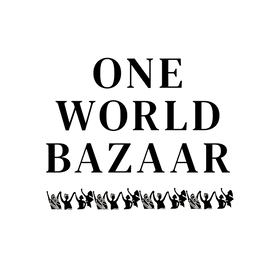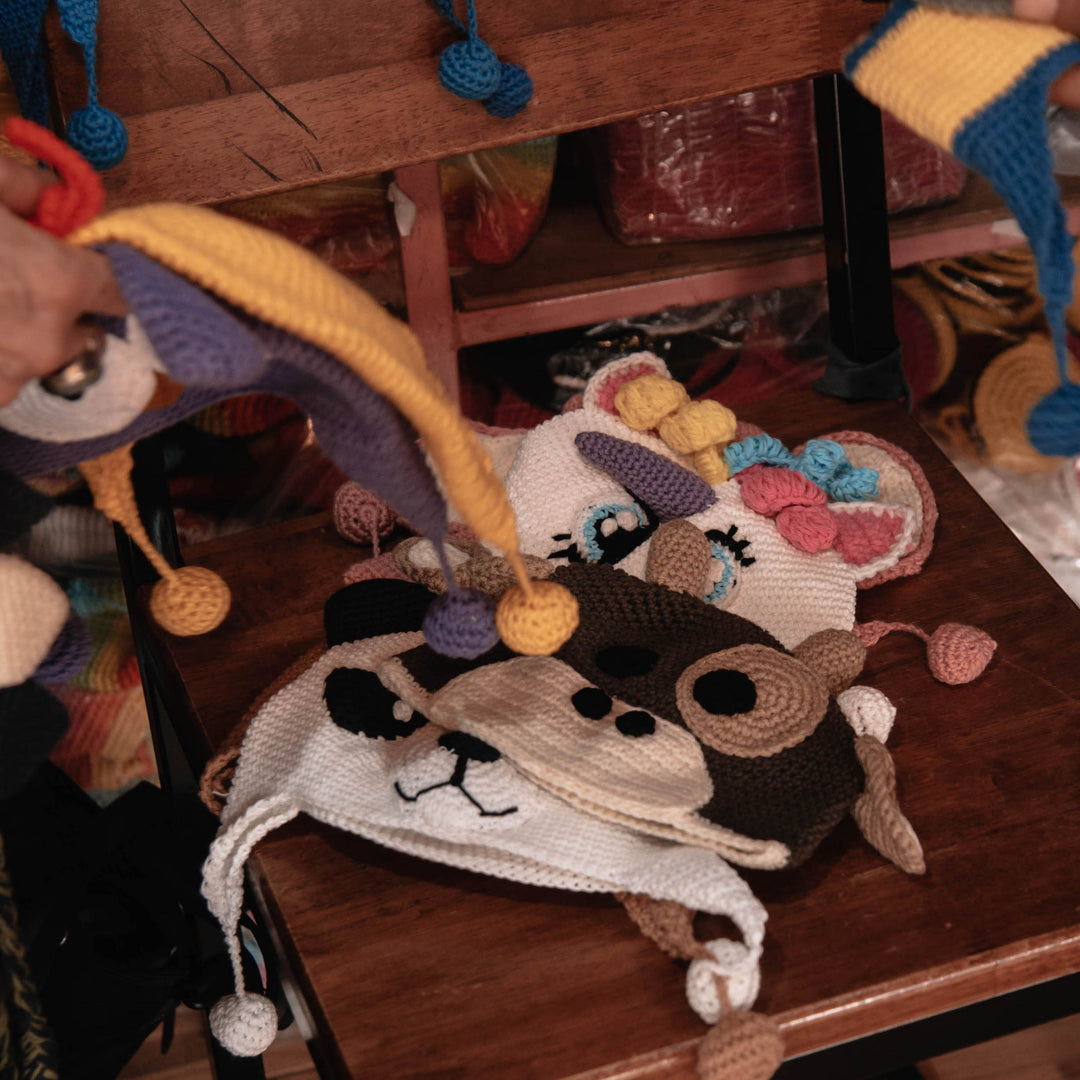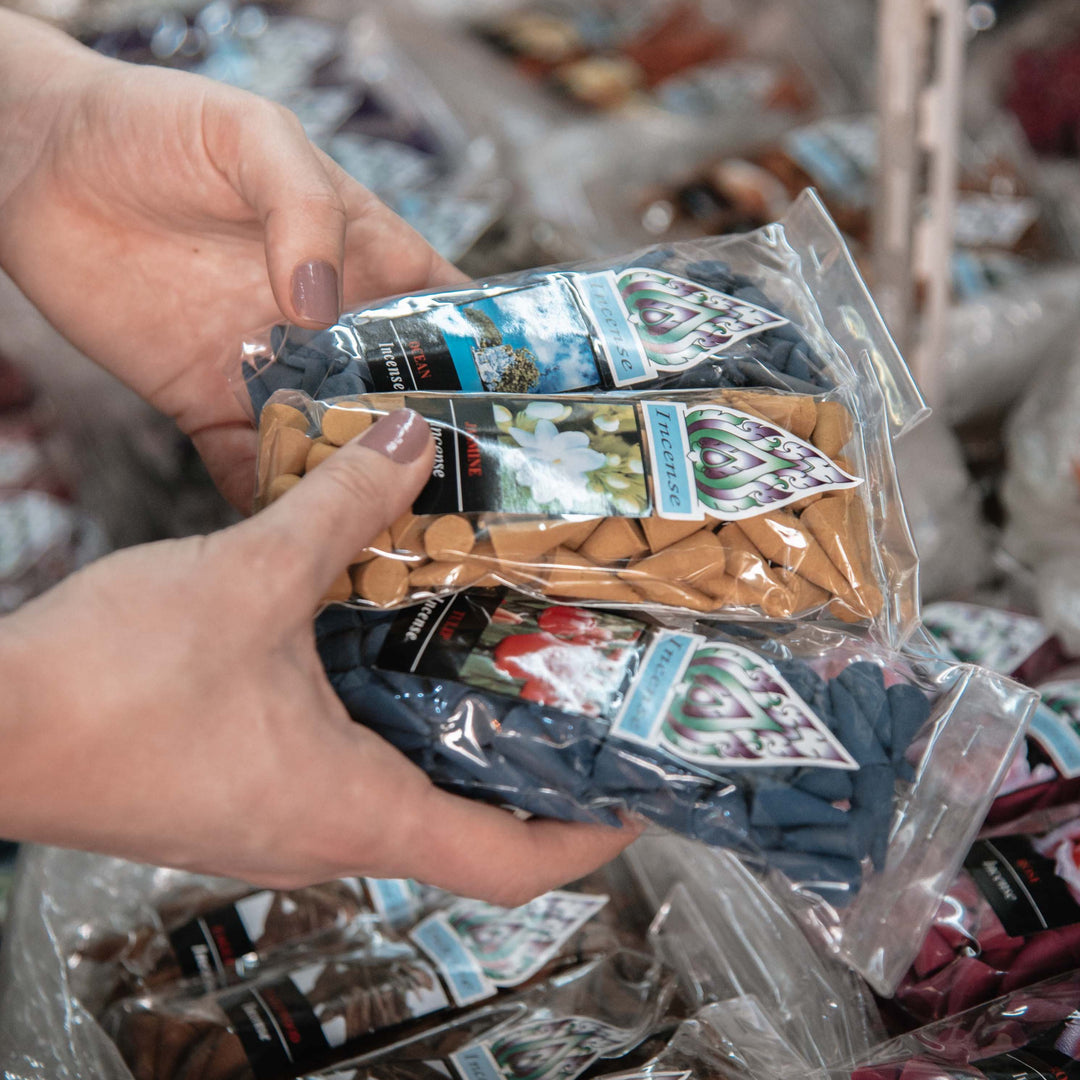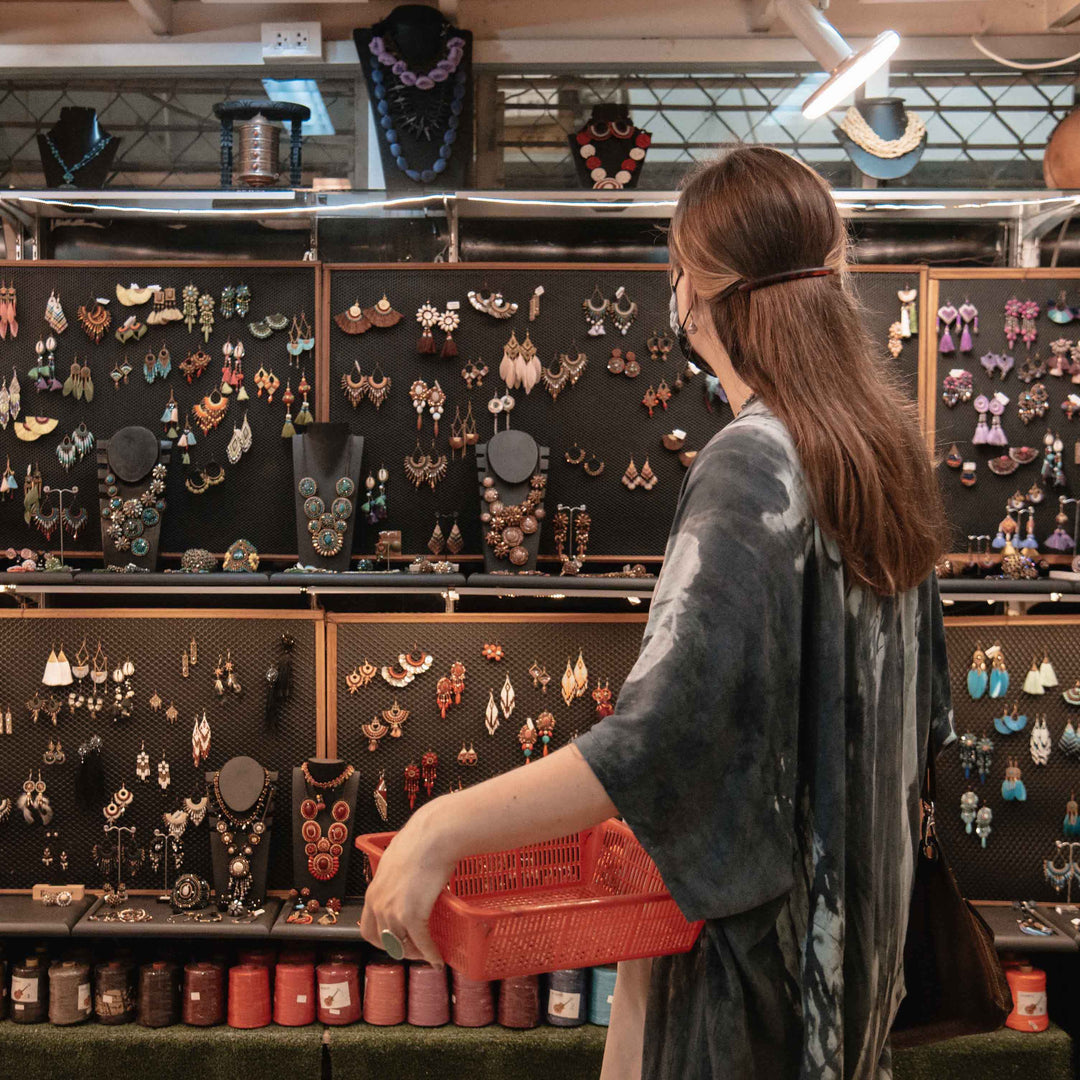Q&A With Our Basket Weaving Supplier
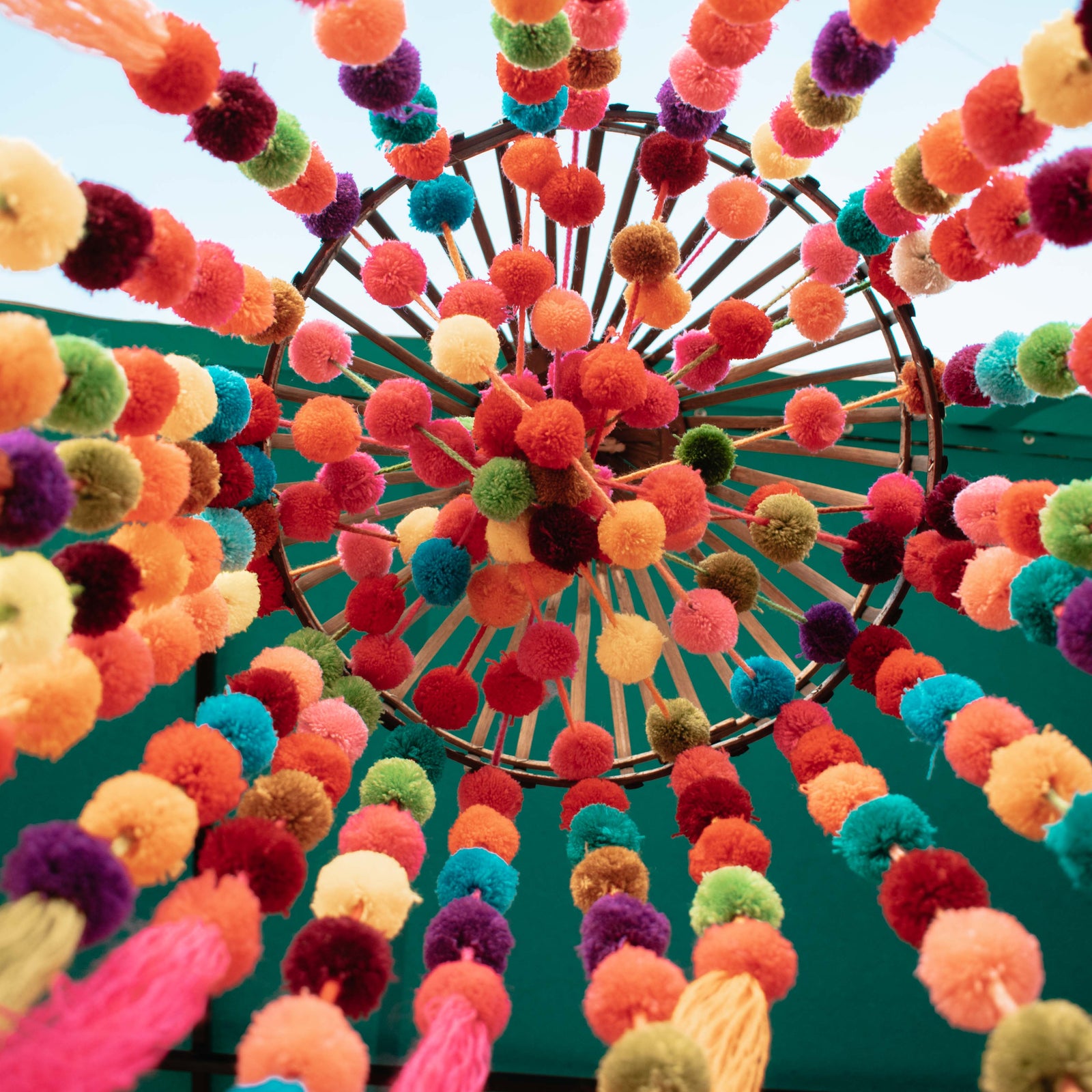
Q&A With our Basket weaving supplier
Take a deep dive into the history of the makers of our many beautiful palm baskets we've had at the Bazaar for years and its humble family beginnings.

A Look into Basket Weaving
In Mexico, the use of woven baskets, placemats, fruit bowls and more actually pre-date the use of ceramics. Weaving together native vegetation such as palm fronds and reeds has been a common practice since ancient times.
The objects created are sturdy, far less fragile than ceramics and, as long as it only contains natural fibers, is fully compostable.
Many continue using and teaching the art of weaving as it is still just as useful today. From large storage containers to furniture and floor mats, the range of objects you can create is quite wide. Victor and his wife Galilea are the proud owners of the shop that supplies the bazaar with many woven pieces.


Family Teachings
Like many others, Victor was taught how to weave by a family member. “I learned to weave from my uncle Salvador, who is a master craftsman, my father's cousin and one of my current managers. However, currently, more than dedicating myself to manufacturing, I am responsible for all the stores, for design and manufacturing, that is, my job is to adapt the needs of the client to our fibres, to materialize their idea.”



Victor knew that he didn’t want to keep this as a small business. He had plans for growth and was able to make it happen by providing clients with customized pieces.
“When I started in this, I had the intention of launching my own line of products, but then the needs of the clients forced me to assume this role; for example, people have come from other countries like Puerto Rico and Venezuela
and have asked me for a specific type of product, so what I do is think, design and make the proposal, based on the client's original idea, but adapting it to our fibers.”
Knowing the importance of marketing and being able to connect with potential clients has allowed Victor to continue expanding his business.

“In my family, my father (Genaro) did not dedicate himself to manufacturing either, he dedicated himself to marketing. He was traveling together with another uncle who lived in Colima and they marketed the products in different states of the Republic. On the other hand, my grandmother and my uncle Salvador, from whom I learned, did weave.”
Starting a business is a huge undertaking, so knowing why someone has chosen to go this route is always intriguing. Especially since the answer can vary dramatically from person to person. Victor shares that his inspiration for the work he does stems mostly from the need to provide for his family. But he’s also moved by respect for the heritage of his family, including his uncle, grandfather and father. In short, his inspiration has always been family.
There are a number of people helping with the business and manufacturing all over. The material varies in each region as it depends on what raw materials is readily available there.
- In Jalisco, they work with henequen fibres, better known as ixtle.
- In Queretaro, everything is woven with rods and wicker.
- In Mexico State and Oaxaca, they use palm.
- In Michoacan, everything is woven with tule, chuspata and reed.
- And where Victor's shop is, they use reed.


The only material that they start directly is the reed. Other materials are imported; for example, the wicker and the sticks are brought from Peru. The rods are worked in Chile and Peru. But the wicker is also brought from Taiwan and Indonesia.
We’ve admired Victor’s craftsmanship for quite a while and all of us usually pick a different favourite product… turns out it’s just as hard for Victor to choose. “It is difficult for me to choose a favourite product because I like them all, but if I have to, I choose based on the type of material: wicker. Wicker is an elegant, clean and very flexible material. In addition, it is my forte, since it is the one I know how to work with.”
When talking about the various products he offers, we wanted to know if he has anything he’d like to share with his customers that he may never be able to meet in person.
“(I want them to know) That all the people who work with us represent the essence of Mexicans: hard-working men and women dedicated to the family. And that our prices are based on fair and responsible trade, that is, that we are not abusive and we do not make our products more expensive with the intention of earning more, but rather we set them strictly in relation to our production costs.”
Paying a fair price for handcrafted items as beautiful and practical as those from Viktor and his family is something we’ll happily continue doing.
You can browse the latest products we have from Victor this fall at the bazaar!


